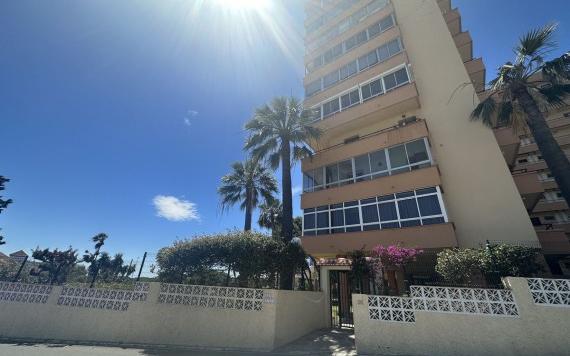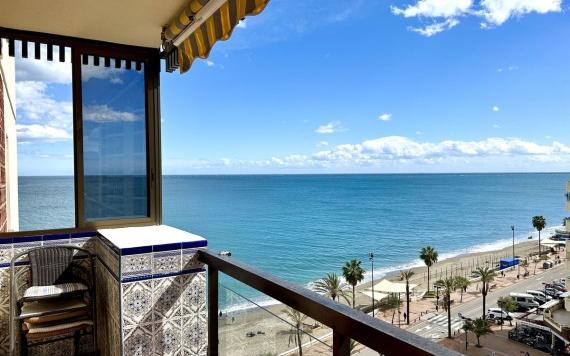
Most people struggle with cash flow problems at one time or another and the easiest way to handle these is to take out either a short term or long term loan. But what if you are a foreigner living in Spain? Is it even possible?
The short answer is that yes it is, but that doesn’t mean it is always easy. Some Spanish banks might see you as a greater risk and be reluctant to give you a loan because if you flee the country it would be very difficult for them to get their money back from you. This may also mean that the loan terms you are offered are particularly unfavourable.
Still interested in securing a loan in Spain as a foreigner?Here’s what you need to know:
Can Foreigners Get Loans In Spain?
In theory it should be no different to get a bank loan in Spain as it should be in your home country. But in reality anecdotal evidence suggests that the loan terms offered to foreign nationals in the country are less favourable than those offered to Spanish residents.
Foreigners in Spain tend to have fewer ties to the country and are more about to flee the country in order to escape the obligation of these loan. The bank or lender will consider these factors when deciding whether to grant a loan to a foreigner.
In order to be granted a loan in Spain as a foreigner you must meet the following criteria:
You Should Have An Established Life In Spain
The longer you have lived in Spain the more likely you are to be granted a loan. If you can demonstrate that your life is in the country and that you have ties to Spain then your ‘flight risk’ is much lower. You should be living and working in Spain. You should hold Spanish bank accounts and be paying taxes in the country. If you have been doing this for 5-10 years already then your loan eligibility will increase.
Therefore, if you have permanent residency, your chances of getting a loan will probably be higher too. From the banks perspective, this means that your life is in Spain and you’re not likely to risk that life for a small loan.
If you are from an EU country, Switzerland or the European Economic Area, or if you have a temporary residence permit and work as an employee or self-employed person in Spain then this will also make it easier for you to secure a loan in Spain.
You Should Have Stable Employment In Spain
Banks are naturally risk adverse. They like to lend money to the more risk-free borrowers possible which means they want applicants that are settled in Spain and have settled finances too. Of course if you’re applying for a loan it’s unlikely you’ll be able to demonstrate a chunk of savings in the bank. So banks look for you to have a stable income and job as proof of your financial stability. This demonstrates to the bank that you will have the funds to meet any agreed payment instalments and deadlines.
A salaried person with a permanent contract is much more likely to get a loan than one with a temporary contract, for example. And someone who is self-employed is also likely to find it much harder to secure a loan.
Of course it goes without saying that the job outlined above should be not only provide a stable income but provide enough income that the bank will feel confident that you are able to repay your loan.
What Does Your Credit History Look Like?
Your credit history will tell your lender a lot about your money management skills. It will let the Spanish bank know if you have any outstanding debts and if you make your repayments on time. Your credit history should show any credit you have both in Spain and abroad.
If you have been up to date with your credit and debt payments, and have never defaulted on a loan or payment, you are more likely to be granted a loan. Any black marks on your credit history such as a CCJ will result in your loan application being denied.
Have you always dreamt of retiring to Spain? Whether you’re looking for golden mile properties in Marbella or bargain property in Mijas Costa, our local property experts are perfectly placed to turn your dreams into a reality. Why not get in touch to find out more about how we can help you.

 English
English Español
Español Deutsch
Deutsch Français
Français Svenska
Svenska Nederlands
Nederlands Italiano
Italiano Norsk
Norsk Русский
Русский



































